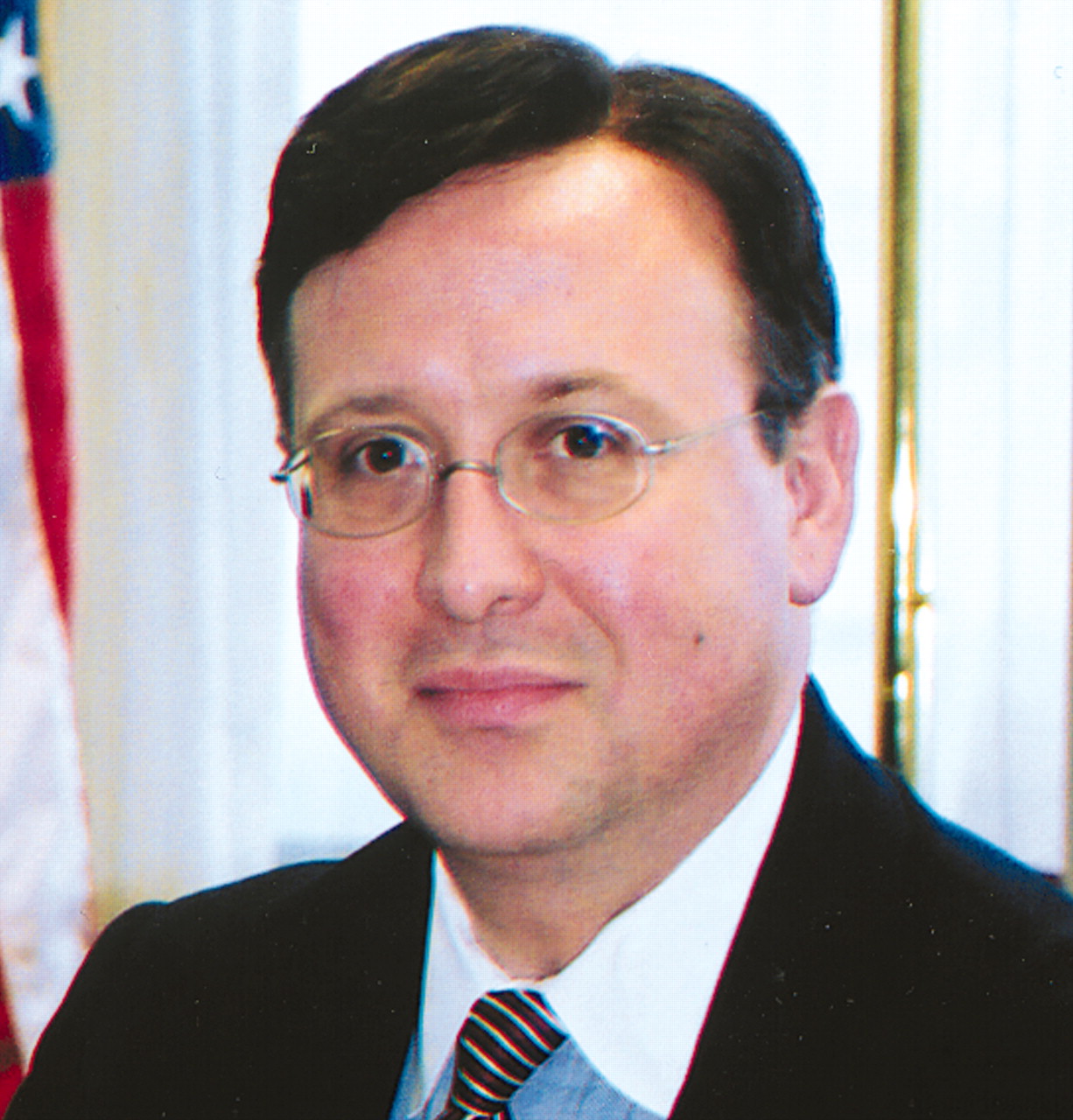Americans Help Iraqis Build Community Mental Health System
Iraqis could have access to mental health care in their local primary care clinics in a few years if a U.S.-backed plan succeeds. Charles Curie, M.A., director of the Substance Abuse and Mental Health Services Administration (SAMHSA), visited Iraq in February and found that care is provided in psychiatric hospitals only—there are no community mental health clinics. Curie proposed U.S. help in developing community mental health care to his Iraqi counterpart Sabah Sadik, M.D. (Psychiatric News, April 2).

Charles Curie, M.A., is the director of the Substance Abuse and Mental Health Services Administration.
Sadik, an Iraqi psychiatrist who has lived for 25 years in the United Kingdom, is the interim mental health advisor to Iraq Minister of Health Alaa El-Din Alwan, M.D. Sadik told Psychiatric News that he agreed with Curie about focusing on creating a community-based mental health care system that can be integrated into the approximately 1,200 primary care clinics across the country.
Meanwhile, Curie has established a federal interagency planning group to work with Sabah and Jeffrey Brinkley, R.N., the new American health attaché to U.S. Ambassador John Negroponte in Baghdad.
The planning group is made up of representatives from the U.S. Army, the Department of Health and Human Services Office of Global Health Affairs, SAMHSA, and the National Institute of Mental Health, Curie told Psychiatric News.
Psychiatrist Col. E. Cameron Ritchie, M.C., is a consultant to the Army surgeon general and a member of the federal interagency planning group.“ I am excited to be part of the planning team that is working toward improving mental health care for all Iraqis,” Ritchie told Psychiatric News. She has visited Baghdad twice and represents APA in the Medical Coalition for Iraq (see Original article: page 1). She is also a member of the APA Committee on Psychiatric Dimensions of Disasters.
Sadik also wants to expand the number of psychiatric units at general hospitals in Iraq from an estimated five to 20 units. This fits with Alwan's strategy of “folding psychiatry into general health services rather than excluding and isolating patients in a separate place,” according to a July 12 interview with Alwan by Integrated Regional Information Networks.
Alwan and Sadik have said they will keep the only two psychiatric hospitals in Iraq open, at least in the short run (see page 19).
The concept of integrating mental health care and primary care is not new to Iraq, said Numan Ali, M.D., secretary-general of the Iraqi Society of Psychiatrists, in an interview with Psychiatric News. He is a psychiatric consultant at Ibn Rushd Psychiatric Hospital in Baghdad.
Iraqi psychiatrists began training primary care professionals to diagnose and treat mental illnesses in 1989 under the guidance of the World Health Organization (WHO), but their efforts were slowed by the U.N.-imposed economic sanctions, said Ali.
“We support the continuation of this effort so more Iraqis can obtain basic mental health services,” Ali said.
Sadik recently asked Curie for U.S. expertise to address drug abuse and dependence, which is a new problem for Iraq. Ali attributed the recent appearance of illegal drug trafficking in opium and marijuana to Iraq's opening its border with Iran.
“Under Saddam, the border was closed, and anyone caught in possession of illegal drugs faced capital punishment,” Ali said.
Ibn Rushd Hospital in Baghdad has a small drug-dependence unit. “It's not sophisticated, but we do the best we can with limited resources. We provide detoxification and counseling and discharge the patient to his or her family for monitoring,” Ali explained apologetically.
Curie and Sadik agreed that the first priority is training interdisciplinary teams of Iraqi psychiatrists, psychologists, social workers, and nurses in psychiatric best practices. Sabah sees psychiatrists in the role of “team leaders much like in the United States.”
Curie would like to train Iraqi interdisciplinary teams at academic institutions in the United States. “Many Iraqi physicians aren't familiar with the latest medical technology and equipment and best practices because of sanctions and deprivation under Saddam Hussein.”
Sadik said Iraqi officials would rather conduct the training in Iraq, but they understand American security concerns about visiting Baghdad in particular.
The U.S.-Iraqi planning group will hold its first conference in December or January in the Middle East. Baghdad was chosen to host the conference, but due to the ongoing violence other sites are being considered including Kurdistan in northern Iraq; Cairo, Egypt; and Amman, Jordan, Curie said.
Ali was frustrated that meetings to plan Iraqi mental health care may be held outside of Iraq. “All this talk about improving mental health in Iraq, yet no one wants to come to Baghdad and see for themselves what is happening here.”
U.S. State Department updates on Iraq are posted online at<http://usinfo.state.gov/mena/middle_east_north_africa/iraq.html>. News about Iraq's Ministry of Health is posted at<www.mohiraq.org/news.htm>.▪



